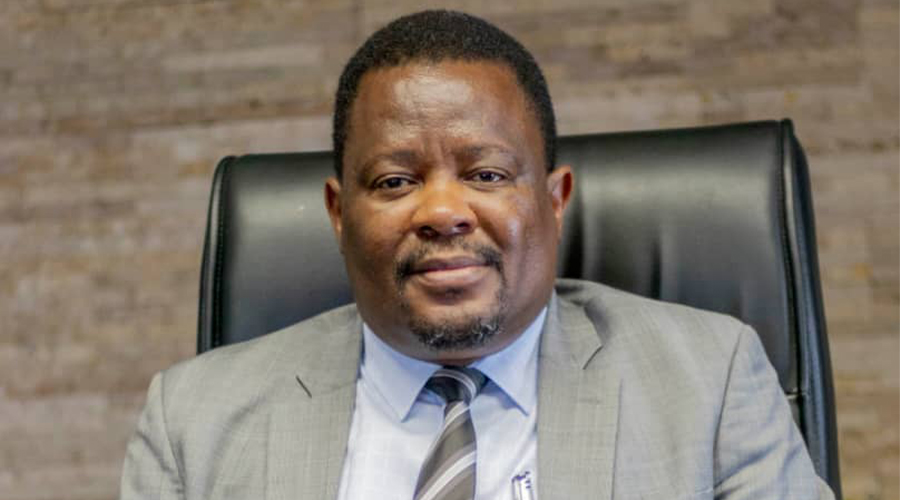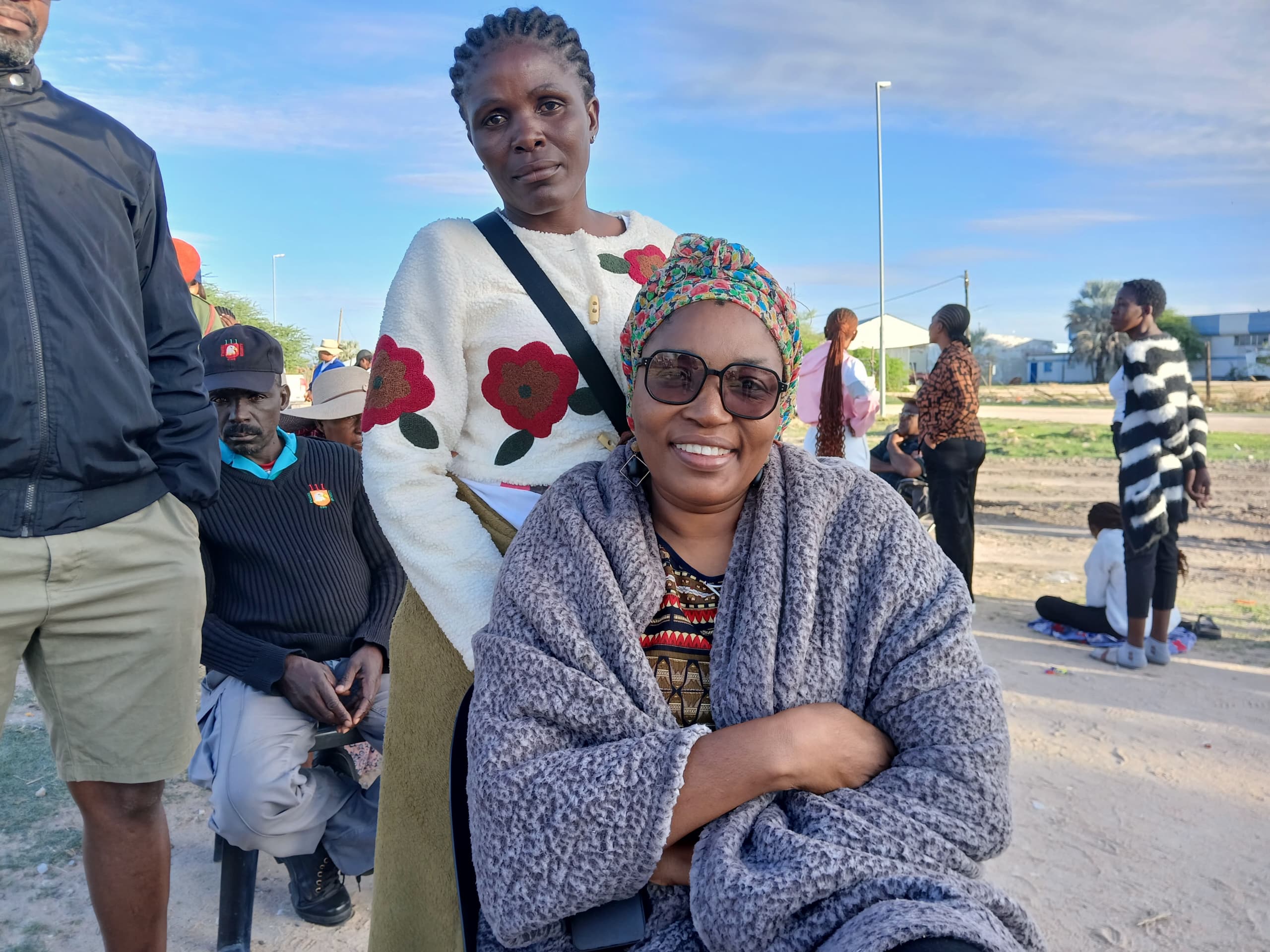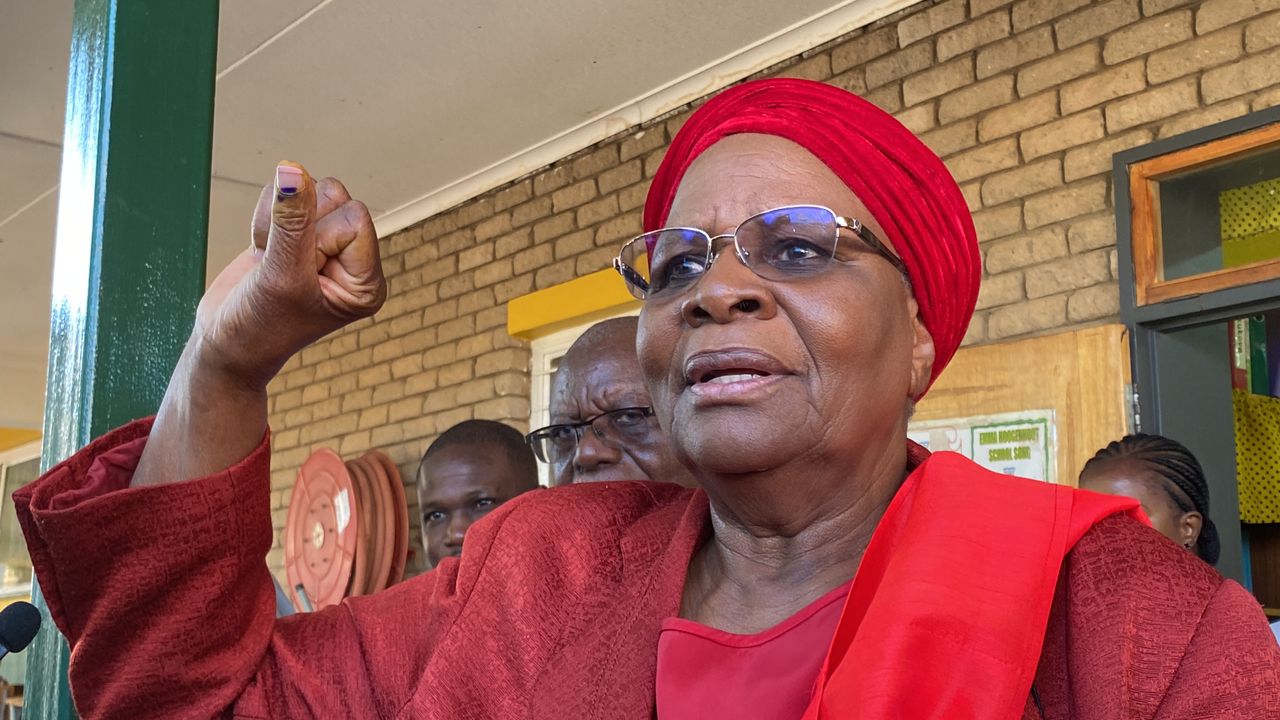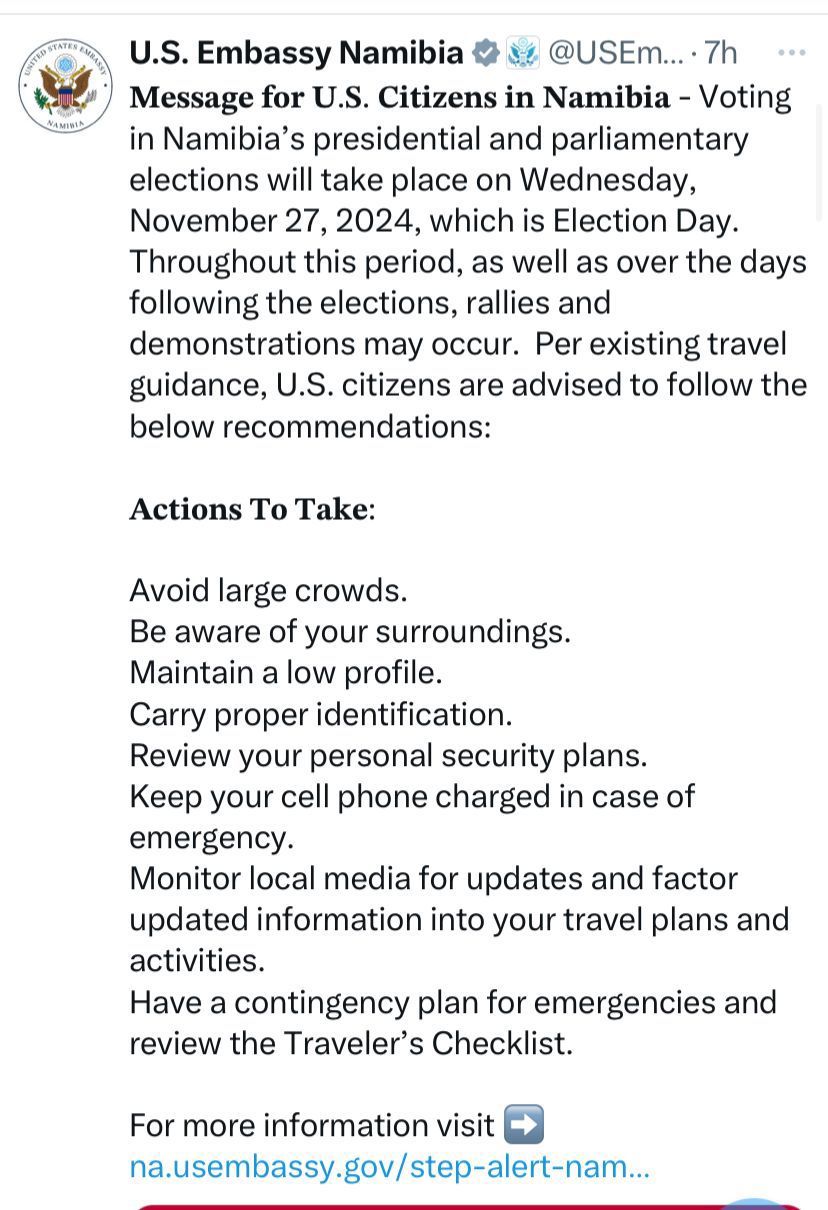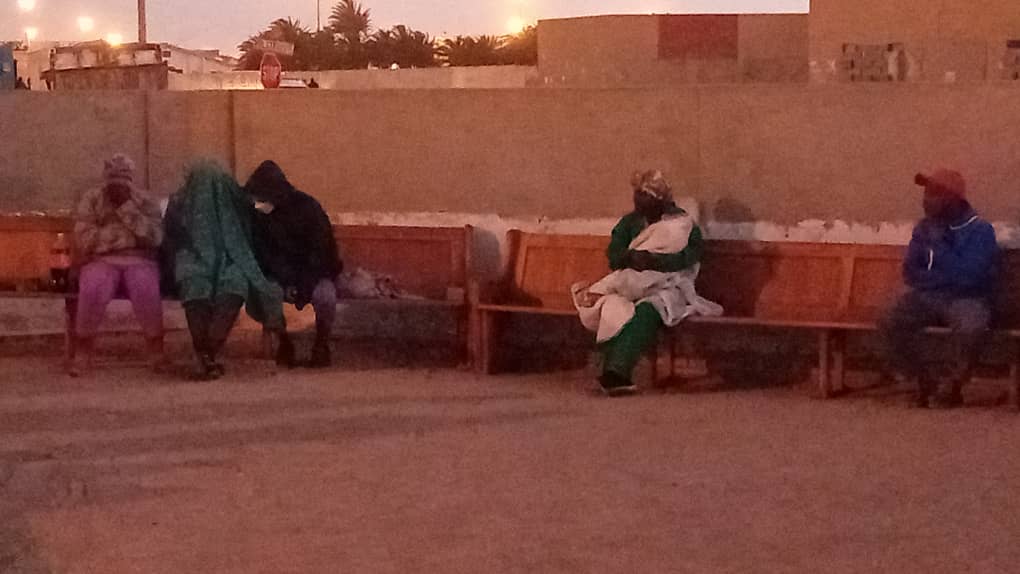The Electricity Control Board (ECB) has expressed frustration over 37 electricity distributors failing to submit tariff review applications, even though the deadline was set for the end of May.
Robert Kahimise, ECB chief executive, addressed this issue during a press conference yesterday.
He said if no applications are received by the end of July, the ECB will conduct reviews for each licensee using its available data.
“Utilities that do not apply for tariff adjustments in time to coincide with the implementation of the bulk tariffs, which is effective from 1 July, will lose revenue because they will be selling electricity based on outdated tariffs, while purchasing on new tariffs – especially prepaid revenue, which is collected through prepaid sales,” Kahimise said.
He said annual electricity tariff reviews are conducted to ensure utilities charge appropriate tariffs to collect enough revenue to cover costs and provide reliable and efficient services at affordable, cost-effective rates.
“In addition, the reviews are conducted to ensure that electricity consumers pay the appropriate tariffs for electricity supplied,” Kahimise said.
The ECB in May announced an increase of 8,97% in NamPower’s bulk electricity tariff, resulting in an increase from an average N$1,82 to N$1,99 per kilowatt-hour.
This bulk tariff became effective on 1 July.
So far, the Erongo Regional Electrity Distributor (Erongored) has applied for a 9,1% increase, of which the ECB approved 9%.
The Central-Northern Electricity Distributor (Cenored) applied for 7,6%, which has been approved.
NamPower proposed 11,2% and got a 9,2% approval.
The Northern Electricity Distributor (Nored) applied for 10,5% and got a 9,8% approval, the Omaheke Regional Council proposed 3,5% and got a 3,3% approval, while Okahandja got a 7,3% tariff approval.
Currently, the ECB is reviewing the late tariff applications of the City of Windhoek (14%), the Kalkrand Village Council (25%), the Keetmanshoop municipality (8%), Mariental municipality (9,9%), Osire Power (12,3%), Oshakati Premier Electric (10%), and RoshKor Township (11%).
The approved tariffs for these electricity distributors are expected to be announced tomorrow.
‘EMBRACE SORED’
Kahimise further urged residents in the southern parts of the country to consider entrusting electricity distribution to a regional electricity distributor.
He expressed concerns about the current village councils, regional councils, and local authorities responsible for electricity distribution, stating that they have not met the necessary standards.
“[They] are not up to standard. I can say that, because we have proof. A southern electricity distributor (Sored), which has been proposed by the southerners themselves, could address some of these issues,” Kahimise said.
One of the advantages of regional electricity distributor, as pointed out by Kahimise, is their ability to directly engage with independent power producers (IPPs).
However, communities in the south are opposed to the establishment of a regional electricity distributors, believing they could act as intermediaries, leading to unaffordable electricity costs for residents.
The residents of Keetmanshoop and Mariental staged a protest to express their disapproval on Thursday.
They are urgently calling on the government to intervene and prevent the establishment of an electricity distributor, which is planned for the Hardap and //Kharas regions.
Community spokesperson Vernon Colman says the Hardap and //Kharas regional councils did not consult the community in the initial process of the establishment of a distributor.
“As the electorate, we demand that consultations must first be done… We demand that the establishment of Sored must be stopped with immediate effect,” he said.
Stay informed with The Namibian – your source for credible journalism. Get in-depth reporting and opinions for
only N$85 a month. Invest in journalism, invest in democracy –
Subscribe Now!


